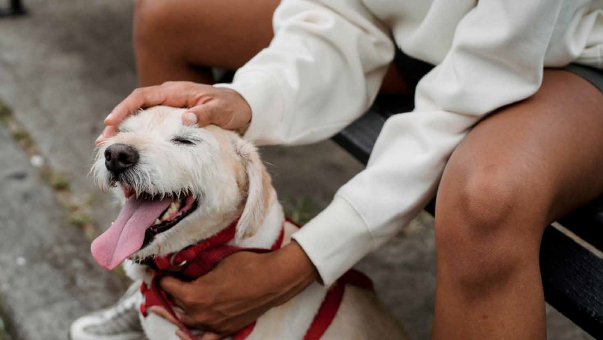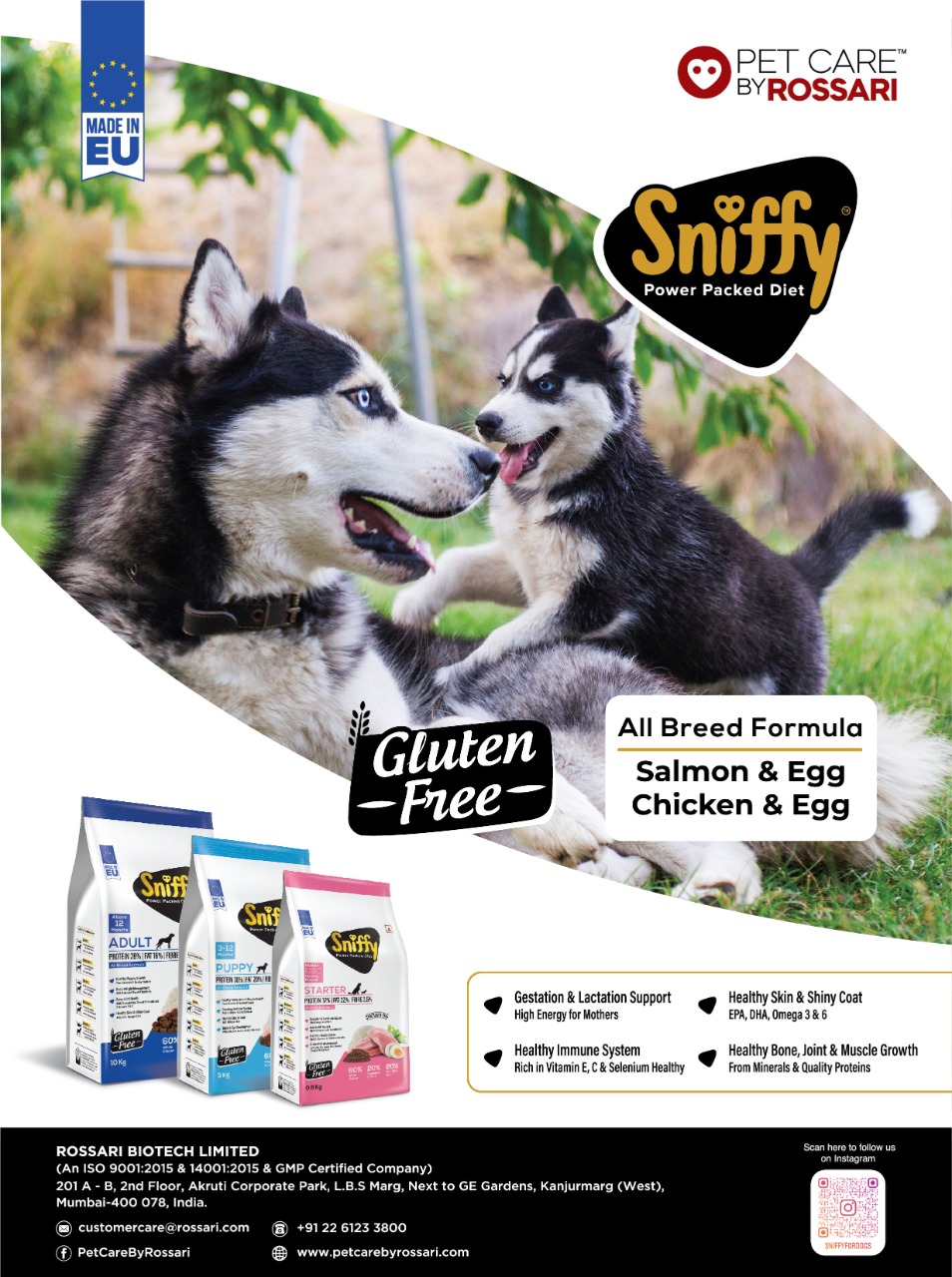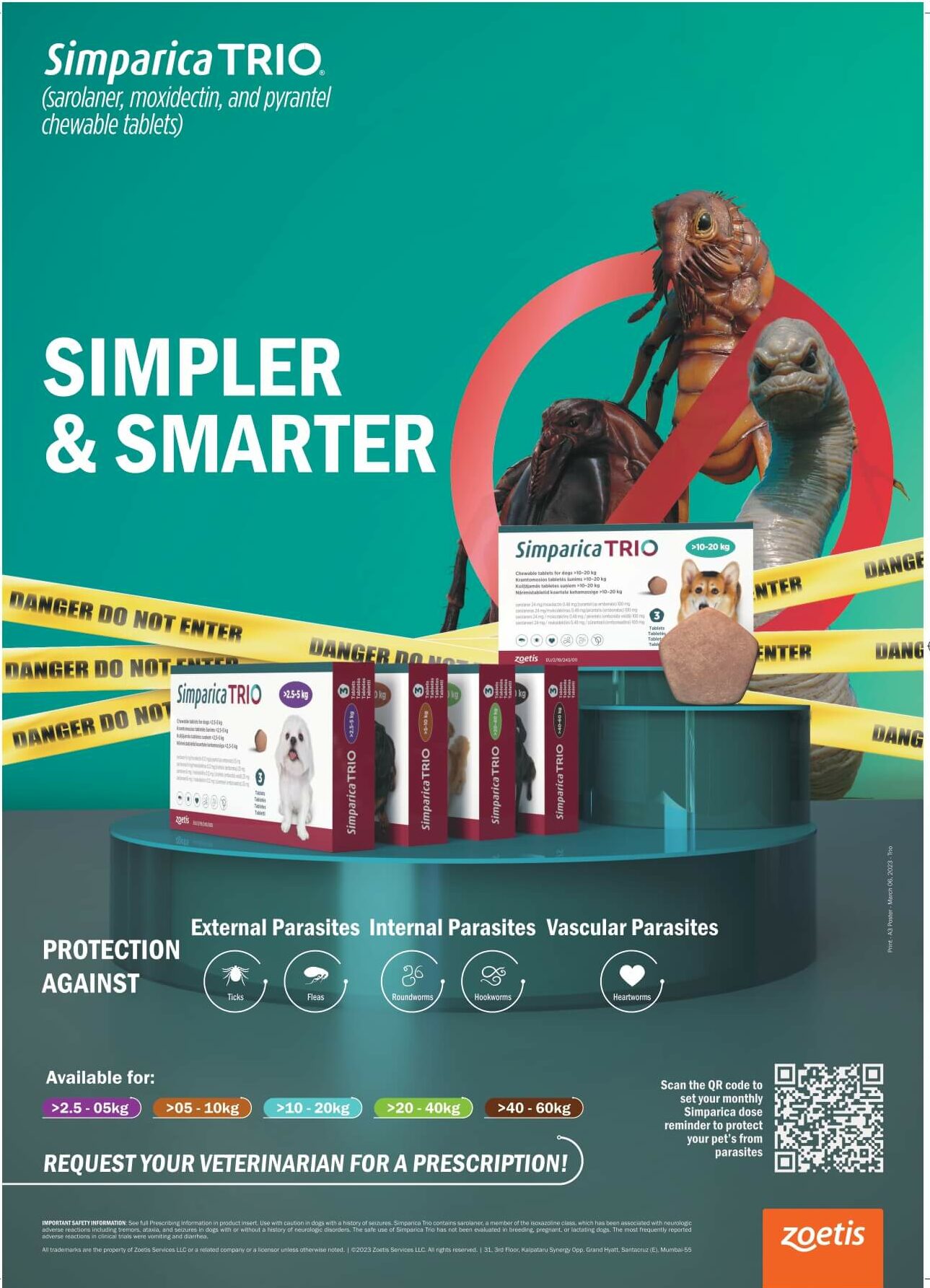
Homeopathy has very effective remedies for canine bronchitis, a disease characterised by inflammation in the bronchi and bronchioles, the parts of the lungs through which oxygen-rich air travels, says
Dr. Tushar Gupta, B.H.M.S.
 The highest ideal of cure is the rapid, gentle, and permanent restoration of health…in the shortest, most reliable and most harmless way.” _ Samuel Hahnemann, M.D. (1755-1843), founder of Homeopathy Bronchitis in dogs is a common illness that affects the upper airways and causes coughing. To understand the disease, it’s first important to know about the basic anatomy that’s involved. Air enters the body through the mouth or nose and flows through the trachea, also known as the windpipe. The air then travels into smaller air passages called bronchi before reaching the smaller bronchioles and, finally, the tiny alveoli, where oxygen enters the bloodstream.
The highest ideal of cure is the rapid, gentle, and permanent restoration of health…in the shortest, most reliable and most harmless way.” _ Samuel Hahnemann, M.D. (1755-1843), founder of Homeopathy Bronchitis in dogs is a common illness that affects the upper airways and causes coughing. To understand the disease, it’s first important to know about the basic anatomy that’s involved. Air enters the body through the mouth or nose and flows through the trachea, also known as the windpipe. The air then travels into smaller air passages called bronchi before reaching the smaller bronchioles and, finally, the tiny alveoli, where oxygen enters the bloodstream.
What Is Bronchitis?
Bronchitis is a disease characterised by inflammation in the bronchi and bronchioles — the parts of the lungs through which oxygen-rich air travels. The inflammation of the epithelium of bronchi and bronchioles is known as bronchitis. The inflammation extends to various depths of the mucosa of the bronchial tubes. Inflammation of the trachea and bronchi leads to a condition known as trachea-bronchitis. It may extend to lung parenchyma causing a condition known as broncho-pneumonia.
Types of Bronchitis
1. Acute bronchitis
2. Chronic bronchitis
A cough that is present most days for a minimum of two months without signs of other underlying conditions that may cause cough is described as Canine Chronic Bronchitis.
Predisposing factors
- Inhalation of irritants e.g., dirt, dust, gases, toxic
- fumes, chemicals, smoke etc.
- Sudden changes in environmental temperature
- Exposure to cold and damp weather
- Keeping the pet in a poor ventilated house
- Too much washing of pets with cold water
Exciting factors
- Bacteria like B. bronchiseptica, Streptococcus,
- Staphylococcus, Klebsiella
- Virus like influenza, canine distemper,
- canine adenovirus
- Parasites like migration of Ascaris larva
Clinical Findings
- Productive dry, harsh cough
- Cough is spasmodic in nature and noticed
- predominantly in the morning hours.
- Expectoration of a large volume of mucus
- and coughing.
- Elevation of body temperature.
- Increased Respiratory rate.
- Mucoid, mucopurulent, or purulent nasal discharge.
- In a severe attack, dyspnoea and mouth breathing.
- In chronic cases, plenty of rhonchi and crepitation all over the chest.
Environmental Modifications and Supportive
Treatment
- Prevent bronchitis coughing in dogs by avoiding
- environmental triggers and allergens.
- Avoid smoking around the dog
- Avoid spraying perfumes, scented products, or aerosols
- Ensure that the dog has a well-ventilated environment when possible
- Humidifiers, air purifiers, or diffusers might help
Obesity can worsen symptoms and exacerbate breathing difficulties in pets, so keep them at a healthy weight. Exercise is necessary to help mobilise secretions and clear airways. However, do not overexert the pet as it may trigger a coughing episode.
Homeopathic Treatment
Homeopathic medicines provide symptom-based holistic coverage for the treatment of bronchitis in pets.
Homeopathy has very effective remedies for bronchitis where the inflammation of the mucosa of the bronchi and bronchioles is reduced significantly, improving the signs and symptoms of the pet. These medicines are gentle on the system of the animal and are free of the usual side effects of strong allopathic medicines.
Homeopathic medicines also help in checking the overproduction or secretion of mucus by stabilising the activity of mucus-secreting cells.
Also, in the case of chronic bronchitis, homeopathic medicines help in reducing the oedema of the bronchial mucosa, reducing the secretion of mucus, and reducing the bronchial muscle spasm.
 A case of Canine Chronic bronchitis managed with the holistic Homoeopathic line of treatment: Loki, 9 y/o Beagle, was examined for recurring symptoms of spasmodic, harsh and productive cough with increased mucus production. The dog had similar episodes of intermittent respiratory symptoms for the last one year and had gradually become lethargic and unwell. A detailed case history including history, signs, and symptoms was taken from the pet parent to formulate the holistic homeopathic line of treatment. The case was analysed utilising the latest homeopathic software and the line of treatment was formulated to cover a two-pronged approach. One was to provide symptombased relief for the acute symptoms and a long-term plan was prepared to include medicines known to reduce inflammation of bronchial mucosa and reduce mucus formation to delay the progression of chronic disease. Medicines used in this case: Bryonia alba, Arsenic album, Kali Mur, Drosera, Blatta orientalism (medicines were used based on symptom totality as and when needed, in regular/infrequent doses)
A case of Canine Chronic bronchitis managed with the holistic Homoeopathic line of treatment: Loki, 9 y/o Beagle, was examined for recurring symptoms of spasmodic, harsh and productive cough with increased mucus production. The dog had similar episodes of intermittent respiratory symptoms for the last one year and had gradually become lethargic and unwell. A detailed case history including history, signs, and symptoms was taken from the pet parent to formulate the holistic homeopathic line of treatment. The case was analysed utilising the latest homeopathic software and the line of treatment was formulated to cover a two-pronged approach. One was to provide symptombased relief for the acute symptoms and a long-term plan was prepared to include medicines known to reduce inflammation of bronchial mucosa and reduce mucus formation to delay the progression of chronic disease. Medicines used in this case: Bryonia alba, Arsenic album, Kali Mur, Drosera, Blatta orientalism (medicines were used based on symptom totality as and when needed, in regular/infrequent doses)
Symptomatic relief for the acute respiratory symptoms was observed in the first few days of treatment. The pet parent confirmed the reduction of cough and mucus with ease of breathing. Long-term homeopathic treatment was continued for Loki to control the clinical symptoms of chronic bronchitis and slow down the progressive lung damage. As a result, Loki is able to live a normal and better quality of life with reduced frequency and intensity of clinical symptoms.
As always, let us build a symbiotic relationship as a pet parent and caretaker to collaboratively spread the goodness and benefits of homeopathy amongst our pets.










 " >
" >
 " >
" >